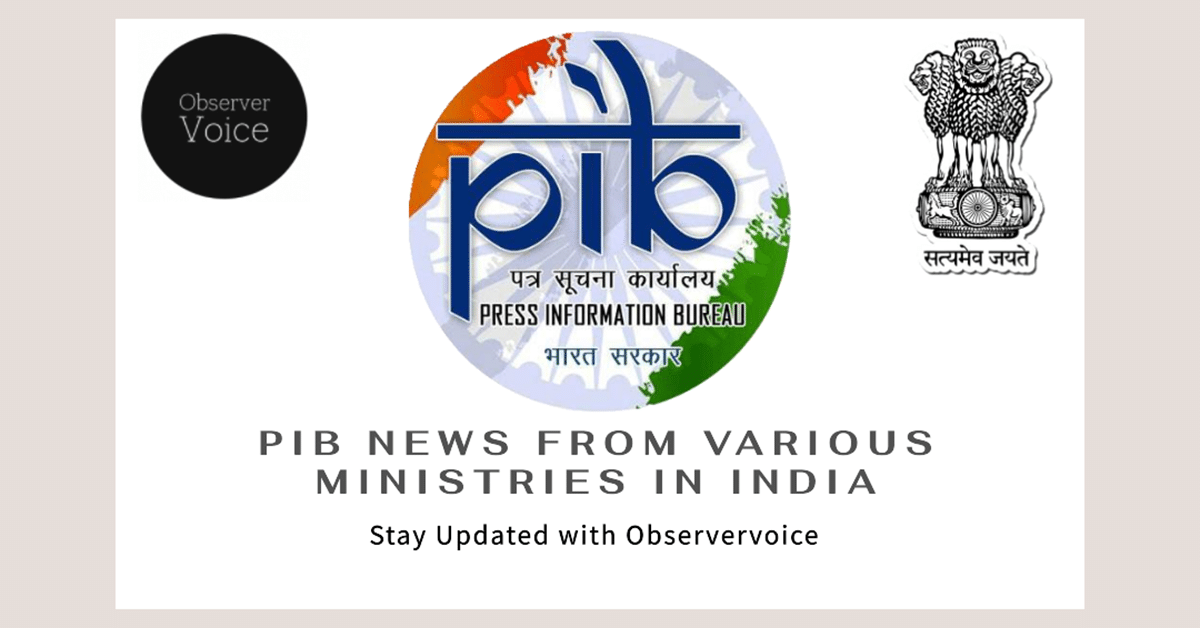Transforming Cleanliness into Governance

Cleanliness and effective waste management are vital components of good governance. They ensure a healthier living environment and reflect the efficiency of administrative practices. The importance of cleanliness as a proxy for good governance was highlighted at the 2001 UN-HABITAT Global Conference. In India, cleanliness campaigns have evolved significantly. They have transformed from simple sanitation drives into comprehensive initiatives that uplift communities and optimize public resources. The government’s commitment to cleanliness is evident in its various campaigns, which aim to integrate cleanliness into the fabric of governance. This article explores the impact of these initiatives, particularly focusing on the Special Campaign 4.0, and how they contribute to sustainable development.
Special Campaign 4.0: A Transformative Initiative
The Special Campaign 4.0 is a significant government initiative aimed at institutionalizing cleanliness across India. Launched as part of a series that began in 2021, this campaign has made remarkable strides between December 2023 and July 2024. One of the most notable achievements of this campaign is the cleanup of Nubra Valley in Ladakh. Once littered with waste, the area saw the removal of 12 tons of garbage, paving the way for the construction of a concrete road. This effort not only improved accessibility for residents but also showcased the transformative power of cleanliness in driving sustainable development.
Moreover, the campaign has demonstrated how cleanliness initiatives can align with economic prudence. For instance, at Kandla Port in Gujarat, the auctioning and clearing of old cooling tower scrap freed up significant space. This initiative enhanced port operations and improved cargo handling efficiency. Such examples illustrate that cleanliness is not merely about hygiene; it is a strategic approach to enhancing economic activities and administrative efficiency. The Special Campaign 4.0 exemplifies how collective efforts can lead to sustainable results, promoting both cleanliness and economic growth.
Flagship Programs Driving Cleanliness in India
India has launched several flagship programs to achieve comprehensive cleanliness goals. One of the most prominent is the Swachh Bharat Abhiyan (SBA), initiated in 2014. This campaign has transformed urban and rural landscapes through the establishment of sanitation infrastructure and public awareness initiatives. As of December 24, 2024, the SBA has successfully implemented solid waste management systems in 475,210 villages and liquid waste management systems in 514,102 villages. These achievements reflect the government’s commitment to improving sanitation and hygiene across the nation.
Another noteworthy initiative is the “Waste to Wealth” program. This initiative focuses on repurposing discarded materials into valuable items. For example, sculptures made from scrap in Ranchi demonstrate how waste can be transformed into art, promoting sustainability while generating value. As of December 24, 2024, over 300,000 citizens have been educated about waste management, and more than 800 technologies have been evaluated for converting waste into wealth. This program highlights the innovative approaches being taken to address waste management and underscores the importance of community involvement in these initiatives.
Integrating Cleanliness into Governance Strategies
The integration of cleanliness into governance strategies is evident through focused campaigns like the Cyber Swachhata Kendra. This initiative, part of the Government of India’s Digital India program, aims to create a secure cyber environment. It detects botnet infections and helps users clean and secure their systems. This approach not only emphasizes the importance of cleanliness in the digital realm but also reflects the government’s commitment to safeguarding citizens in all aspects of life.
Cleanliness and waste disposal are more than just hygiene imperatives; they are essential governance tools that reflect a nation’s priorities. India’s structured campaigns, such as the Swachh Bharat Abhiyan and Special Campaign 4.0, demonstrate how cleanliness fosters societal well-being, economic growth, and administrative efficiency. By embracing these practices, the government not only improves infrastructure but also cultivates a culture of sustainability and accountability. This commitment to cleanliness is a true testament to good governance in action, showcasing how collective efforts can lead to lasting change and improved quality of life for all citizens.
Observer Voice is the one stop site for National, International news, Sports, Editor’s Choice, Art/culture contents, Quotes and much more. We also cover historical contents. Historical contents includes World History, Indian History, and what happened today. The website also covers Entertainment across the India and World.

